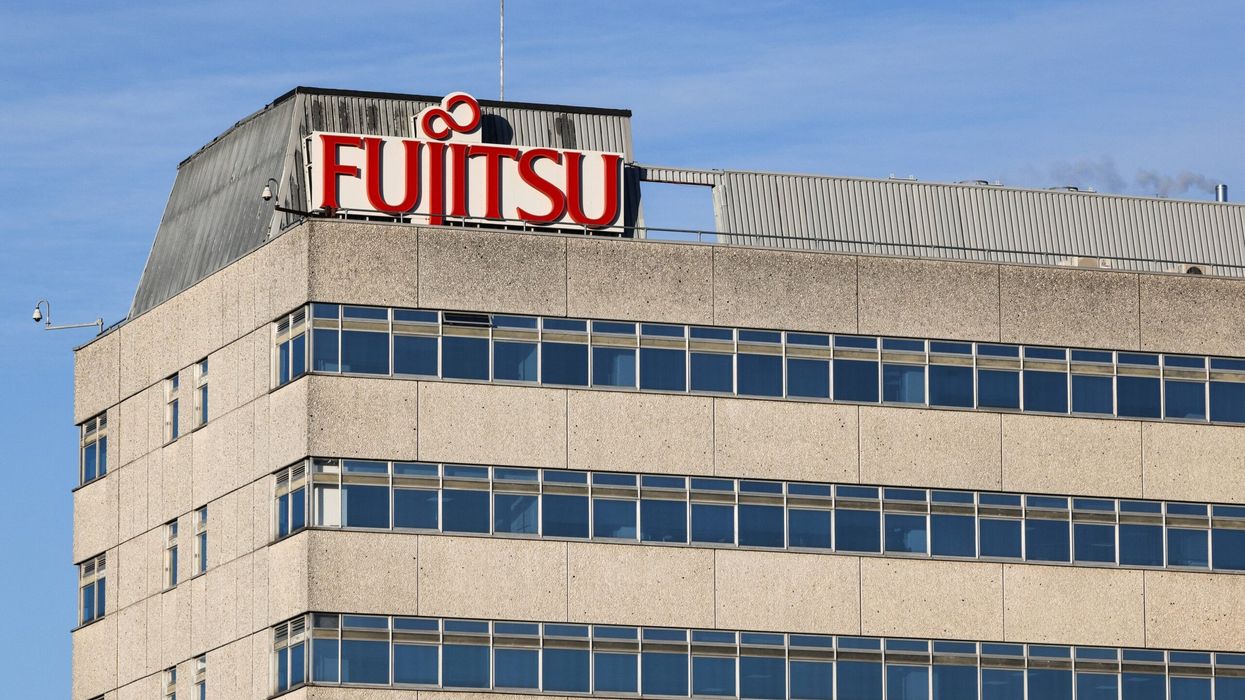With the finance ministry issuing the official circular for preparation of the Union Budget for 2018-19, the work on the last full-year budget of the current NDA government led by prime minister Narendra Modi has begun.
Given that 2018-19 budget to be presented on Feb 1 next year will be the last full-year budget of the current NDA government led by prime minister Narendra Modi the chances of finance minister Arun Jaitley announcing measures to make the tax system reasonable and simple, are quite high.
This budget will certainly have a bearing on the government’s prospects in the next Lok Sabha polls, due in 2019, and finance minister Arun Jaitley has the critical responsibility of delivering a growth-oriented budget that takes care of investment and job concerns.
In reality, though, being the last full budget of PM Modi’s current tenure, it may turn out to be a populist one even if the space for doles and benefits is limited with the GDP growth expected to be less than 7% in the current financial year.
While the government has done well by getting crucial legislations passed in parliament during its tenure – Bankruptcy Code, Aadhaar Bill and Goods and Services Tax (GST) are among the prominent ones – it has failed in making headway in the land acquisition and labour law changes, which are important for pushing the infrastructure development and job creation.
In the next budget to be presented on February 1, the government will have to bring the passage of these legislations to the centre stage before going into the next general elections.
The bigger challenge, however, for the government would be on the taxation front, both indirect and direct taxes.
On indirect taxes, though with GST in place, all the decisions will have to be taken by the GST council, FM Jaitley will do well by outlining the required changes in the GST structure going ahead, especially the reduction in the number of rates and if possible merging of the 12% and 18% rates into one, and inclusion of the petroleum products in the GST structure, in the budget.
But, the most important area where major changes are needed is direct taxes, and PM Modi has already hinted at the need to lessen the tax burden here.
The corporate tax rate has been reduced from 30% to 25% for companies with annual turnover up to Rs 50 crore. This has to be extended to other companies now along with the removal of exemptions – it’s a commitment of the government made in the 2015 budget and FM Jaitley needs to find ways to do this.
The real challenge, though, would be to raise the top 30% personal income tax (PIT) slab from the current Rs 10 lakh, which is quite low, to the DTC 2009 proposed Rs 25 lakh in a phased manner if it is not possible to do in one go.
The current PIT structure of, 5% rate for income between Rs 2.5 and Rs 5 Lakh, 20% for Rs 5-10 lakh bracket and then 30% for above Rs 10 lakh needs to be altered to reduce the tax burden on the people, even if there is a possibility of attracting severe criticism to the weeding out of the tax benefits that will be an essential part of this exercise.
Prime Minister Modi and Finance Minister Jaitley must grab this opportunity of establishing a reasonable, clean and easy to operate direct and indirect tax structures in the next budget, which may ultimately prove to be a win-win formula in terms of political gains and reforms also.











